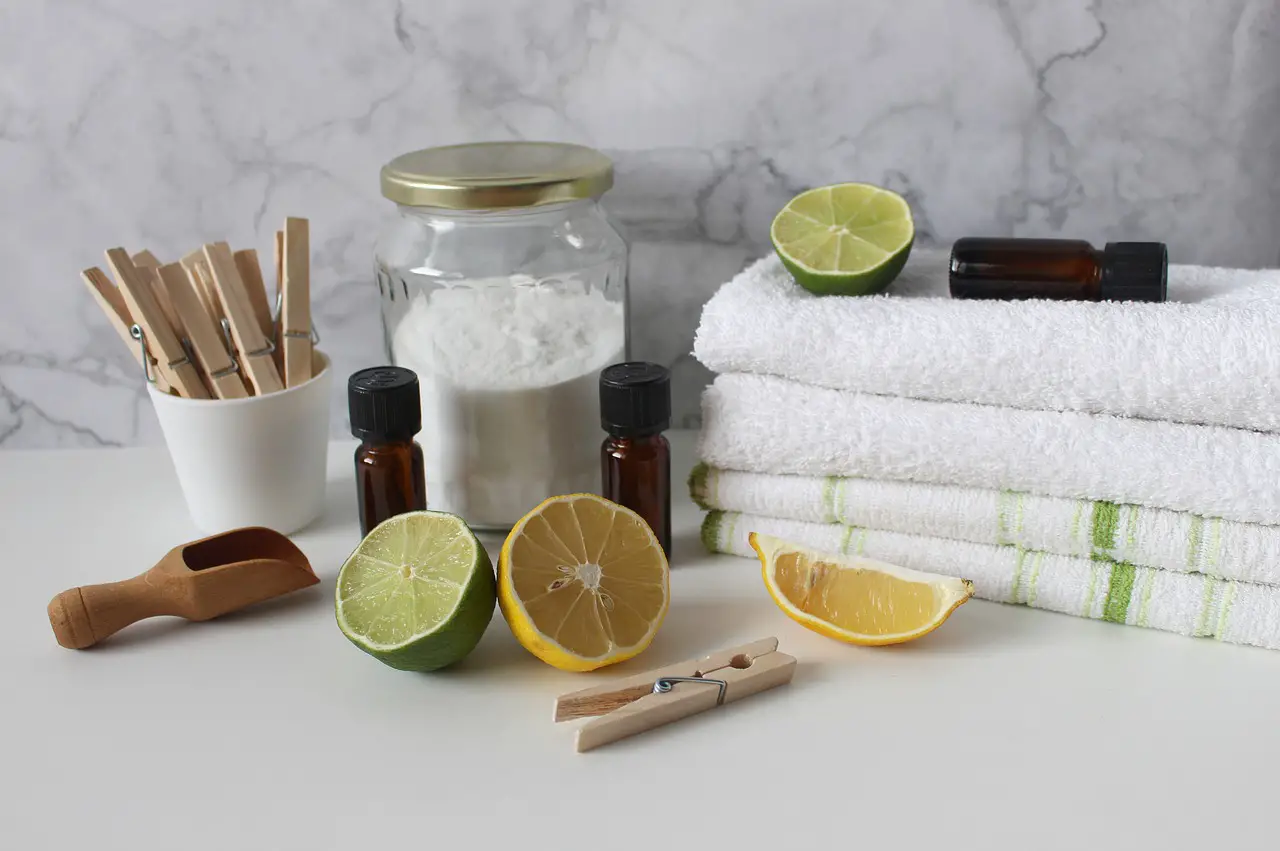
Maintaining your body hygiene could prevent several fatal diseases, especially diarrheal diseases. WHO reports state that over 400,000 global deaths are linked to poor hygiene.
In our world today, we’re constantly exposed to millions of germs and viruses. And these germs and viruses can stay on your body for a long time resulting in sickness for you and your loved ones. Hence, how you care for your body speaks volumes about your hygiene and overall health.
To maintain the best body hygiene, brush your teeth regularly, wash your hands often, clean your hair, shower regularly, and trim your finger and toenails. Maintaining good hygiene makes you attractive to others. Besides, maintaining good hygiene gives you the confidence to step out in style and interact with the public.
A body cleanliness routine helps improve your body hygiene and prevent spreading infections. Good body hygiene is invaluable, and you can’t afford to ignore your body hygiene.
A personal hygiene routine guarantees you life free of illnesses for you and those you care about.
Here are some tips for maintaining the best body hygiene;
1. Wash Hands Often
Regular hand washing is one of the most effective techniques to prevent infectious diseases. Ensure you wash your hands before preparing or eating food or after using the bathroom.
Also, wash your hands after coughing or sneezing or when handling waste to help reduce the spread of bacteria and viruses. If soap and water aren’t accessible, keep a hygiene solution on hand, such as an alcohol-based sanitizing gel.
2. Bathe Regularly
Showering or bathing regularly with soap and water removes dead skin cells, oil, and bacteria. Keeping your body clean will help prevent skin irritation and eliminate bacteria that create odor. Use soap, shower gel, or a sensitive body wash to clean yourself. Although soap kills more bacteria, you should wash delicate body regions with plain water or saltwater.
3. Brush Teeth Regularly
It’s about more than sparkling white teeth when it comes to good dental hygiene. Gum disease and cavities can be avoided by properly caring for your teeth and gums.
Brushing your teeth for at least 2 minutes twice daily is advisable. You can brush as soon as you wake up and before bed. Also, if possible, you can brush your teeth after every meal. Floss between your teeth daily, and talk to your dentist about antimicrobial mouthwash.
These two methods aid in preventing tooth decay by the removal of spaces where bacteria and germs accumulate.
4. Cut Finger Nails, And Toe Nails
For your nails, use sanitized tools to trim them. Keeping your nails short is one of the best ways to ensure that no dirt can collect underneath them.
Avoid hangnails and diseased nail beds by ensuring you keep your fingernails and toenails clipped and in good shape. Athletes’ feet are less prone to developing infection if kept clean and dry. Cutting your nails is part of basic hygiene.
5. Wear Deodorant
After taking a bath, apply deodorants to your armpits. Although, before using the deodorant ensure your body is dehydrated to help prevent body odor and maintain personal hygiene.
Choose aluminum-free deodorants. You can also make your homemade deodorants using arrow roots and coconut oils. Use the DIY guides to come up with homemade deodorants.
6. Clean Your Hair
Wash your hair at least twice a week. You should clean your hair regularly if you sweat a lot.
It is essential to wash your hair with a suitable shampoo and conditioner. It aids in the removal of dandruff and grime from your hair.
It is also recommended to apply oils to nourish dry hair and clip it regularly to grow strong and healthy.
7. Use Face Cleanser And Creams
Wash your skin with a facial cleanser or face wash at least twice daily. Doing this helps to remove dirt and dead skin cells.
For proper body hygiene, avoid using soap, body gel, or body scrub on the face because they will dehydrate your skin and disrupt its natural pH balance, leaving it itchy and dry.
It is also advisable to use face masks such as mud, clay, homemade, or oatmeal masks for face cleansing. Face cleansing is essential to maintain good personal hygiene.
8. Fruits And Vegetables
A diet rich in vegetables and fruits is beneficial for your health. For instance, it can help lower blood pressure and the risk of stroke and heart diseases.
Besides, it reduces the risk of eye and digestive issues and prevents cancer. Moreover, fruits and vegetables greatly influence blood sugar levels, helping control appetite.
Additionally, non-starchy fruits and vegetables like pears, apples, and greeny leafy vegetables can help your body lose weight. Therefore, fruits and vegetables are essential to maintaining your body hygiene and a healthy lifestyle.
How to Create a Personal Hygiene Routine
These tactics may be useful if you wish to enhance your personal hygiene or help a youngster acquire healthier habits:
Make a list of reminders
Set a reminder on your phone if you can’t remember to shower, clip your nails, wash your hair, or brush your teeth. The trigger will draw you to the action, and you’ll eventually be able to execute it on your own.
Make use of signs
Keep a sign in the bathroom reminding you to wash your hands after using the restroom. To remind yourself to wash your hands before eating, place a little notice near the plates or bowls in the kitchen. These indications might help you remember things and change your routines. Signs and explanations work best for children.
Keep Practicing
Getting used to a new routine takes time. Pick a new habit and practice it for a week, when you are comfortable with it pick another one. Within no time you will establish all the good habits you wish to have and they’ll be like second nature.
Don’t be in a hurry. Building good body hygiene habits takes a lifetime of honing.
Benefits of Maintaining Good Personal Hygiene
So, why is it important to maintain good personal hygiene? The following are some benefits you get by maintaining good personal hygiene.
Good cleanliness saves lives
Poor hygiene and sanitation are responsible for numerous avoidable deaths. It is estimated that improved hygiene may save over 8 million lives worldwide. Infections in the gastrointestinal and respiratory systems, such as influenza and salmonella, can be avoided by following good hygiene habits.
Good hand hygiene can help to cut down on sick days and lost productivity
The importance of good hand hygiene in the workplace cannot be overstated. Hand sanitizer dramatically reduced the number of sick days taken by employees due to colds, coughs, fevers, or diarrhea, according to a German study. That means having hand sanitizer dispensers and a personal hygiene checklist at work is great.
Proper Hand Hygiene can Help Fight Antibiotic Resistance
Hand hygiene is essential in managing antibiotic resistance and the emergence of ‘super bugs,’ according to the World Health Organization. It’s estimated that 7-10% of patients getting treatment may contract at least one healthcare-associated infection at any moment. If care and medical professionals can practice good hand hygiene, they can reduce the number of illnesses and thus the need for antibiotics.
Maintaining Good Body Hygiene Makes You More Appealing to Others
It’s no secret that maintaining decent hygiene is beneficial to your social standing. Meeting somebody with fresh clothes and trimmed fingernails is far more pleasant than meeting someone with filthy hands and clothes.
According to studies, having clean and sparkling teeth makes you more appealing to the other gender. The same is true for overall cleanliness. Don’t forget the confidence that comes with smelling fresh. The feeling is awesome.






